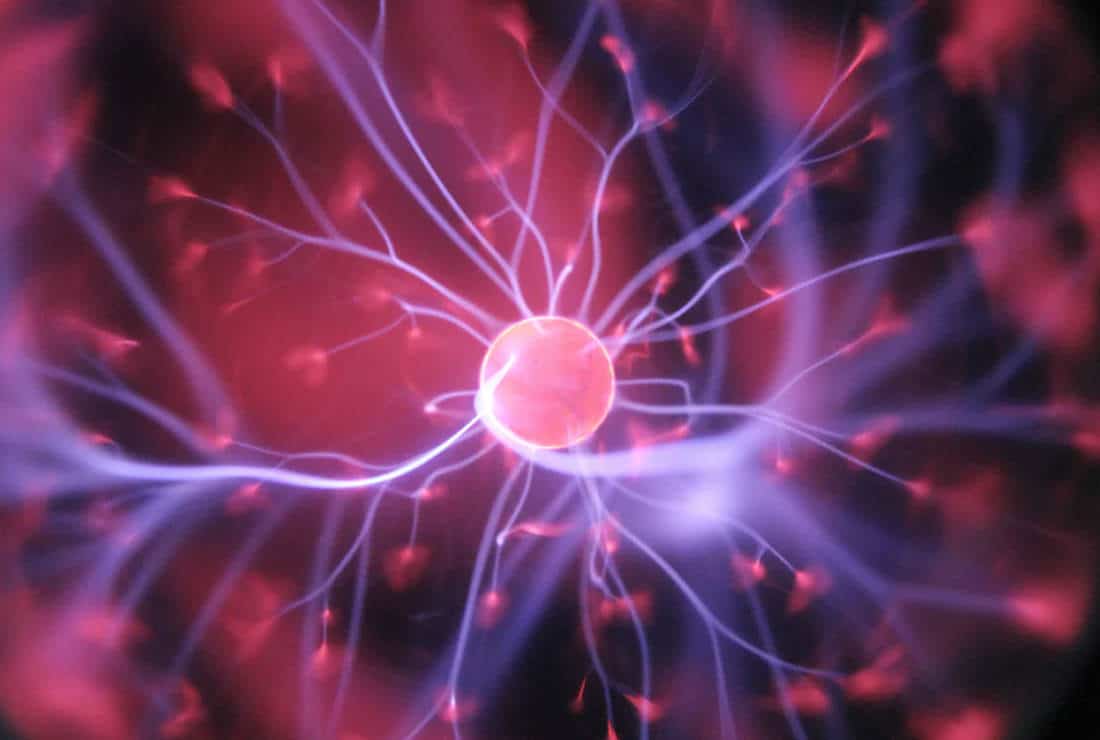
Understanding your pain — it’s a complex experience
Sometimes things hurt a lot, sometimes they don’t. Recent research is beginning to elicit how our experiences of pain are affected by our emotional states and thoughts about it.
A recent brain-imaging study on the experience of pain has demonstrated two functional systems mediating the intensity of pain. The first, as expected, is directly responsive to physical input from the body, it can predict pain at a 90% accuracy. The second system researchers have identified incorporates the thoughts and emotions associated with the pain experience. This system became active as volunteers in the study changed their thoughts about the pain, successfully reducing the intensity even though the physical stimulus for pain remained the same 1.
There is an ongoing discussion about these factors between clinicians and researchers, which is particularly relevant to the questions of how much psychology and emotion there is in the experience of pain, particularly chronic pain 2.
New Scientist suggest that “in chronic pain conditions, psychological pain may overtake physical pain as the main contributor to the overall sensation”, this leads to the possibility that using biofeedback techniques people may learn to control their pain experience more directly3.
It is well known that pain is an experience of the mind that can be dramatically altered by belief, placebo and hypnosis under the right conditions. These findings help understand a little more about how this is occurring in the brain.
How does this related to the Alexander technique? The technique has the possibility of engaging with both systems:
Improved body mechanics may reduce the direct stimulus for discomfort.
The sense of control ‘having something constructive to do’ is very helpful in changing a person’s emotional responses to their discomfort.
2. Body in Mind discussion on Central Sensitisation of pain


